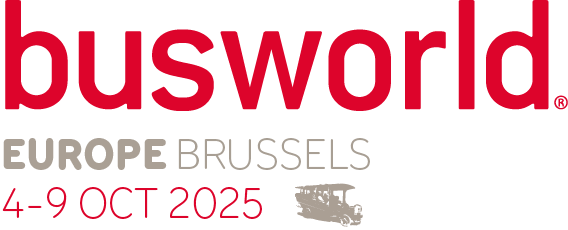SAFRA, France's manufacturer of hydrogen-powered buses has won Dunkerque's tender to supply 10 hydrogen-powered buses. These 10 HYCITY vehicles, the purchase of which is partly financed by ADEME (The French Agency for Ecological Transition) as part of the “2021 AAP Ecosystèmes territoriaux”, will go into operation in 2024. The contract is complemented by a 3-year full maintenance contract for the vehicles, followed by a shared maintenance contract.
The tender was issued by “Communauté Urbaine de Dunkerque” which chose the new-generation SAFRA HYCITY bus in a 12m, 3-door version. The new HICITY is benefiting from the feedback of its predecessor, Businova H2, in operation since 2018 and present on several French networks. It is the only hydrogen bus manufactured in France, and also the only one to feature a French fuel cell, developed and marketed by Symbio, a joint venture between Michelin and Faurecia. The HYCITY powertrain comprises 6 Plastic Omnium type 4 tanks, with a total capacity of 35kg of hydrogen, a fuel cell with a power of 45kW (useful power 30kW), an NMC battery with a power of 30 kW and a capacity of 130 kWh; and an axle powered by two motors of 125 kW each. "We're very proud to have won this new contract, which reinforces the company's strategic choice to
switch to generation 2, with HYCITY", said Eric Baleviez, Chief Commercial Officer, on announcing Dunkerque's decision. The new buses will be deployed in the DK'BUS public transport network.This network, operated by STDE (Société des transports de Dunkerque et extensions), part of the TRANSDEV group, comprises 162 buses, 98 of which run on BIOGNV and 3 are electric. Communauté Urbaine de Dunkerque has a public transport network completely free of charge since 2018. The Communauté is now also working to transform its vehicle fleet into a zero-emission one. The Dunkerque territory is relying on the development of the hydrogen sector to decarbonize its industrial port zone, whose strategy is based on the production of a very large volume of hydrogen to replace fossil fuels and reuse the residual CO2 captured.

